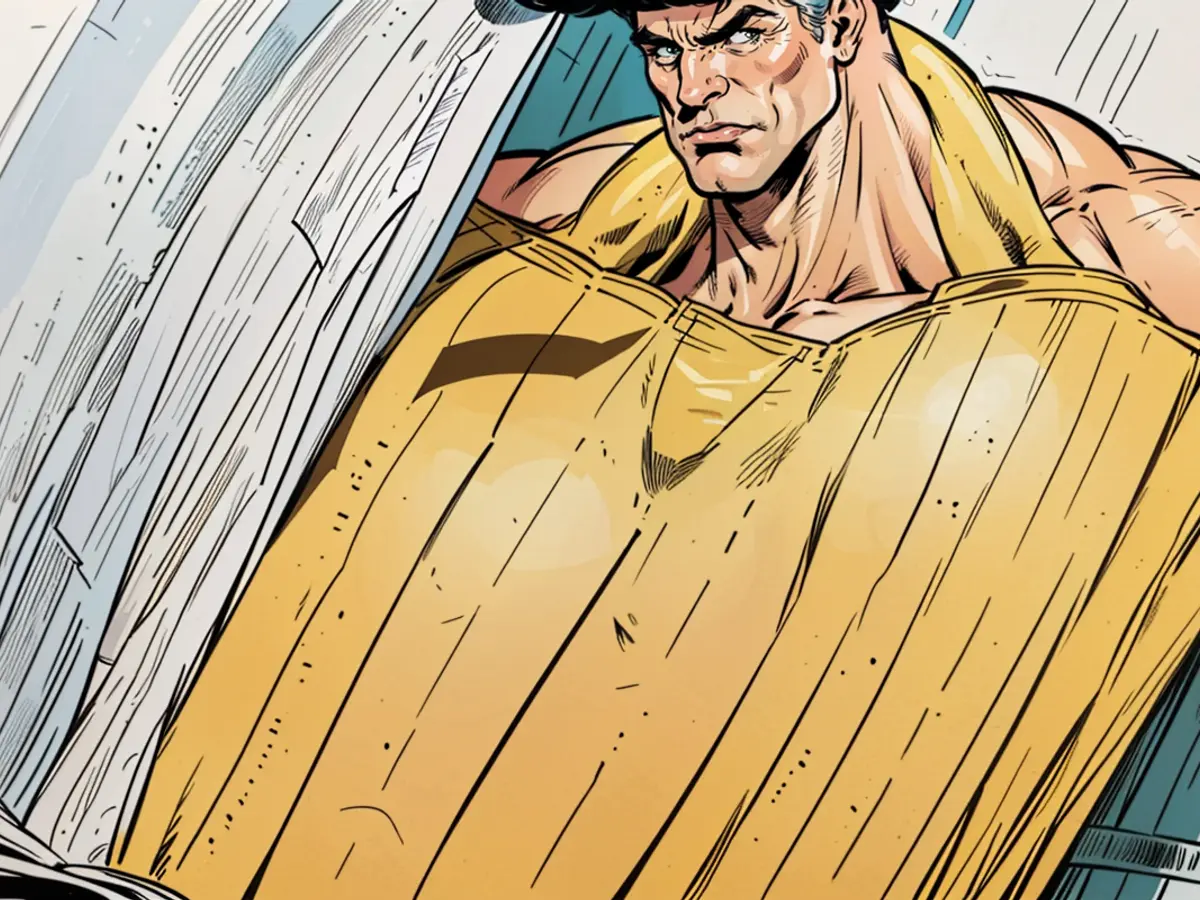Active public involvement - In European elections, topics range from public swimming pools to organic waste disposal cans.
During the European election day, 18 Bavarian cities, districts, and municipalities are casting ballots for significant local personnel or material issues. The topics cover everything from installing a biotonne to billion-dollar decisions such as building a city railway in Regensburg or a city-region railway in the Nuremberg-Fürth-Erlangen metropolitan area.
In Middle Franconia, voters in the Neustadt an der Aisch/Bad Windsheim district must elect a new district administrator to replace retiring Helmut Weiß (CSU). The race features Christian von Dobschütz (CSU), Birgit Kreß (Free Voters), and Uwe Kekeritz (Greens). Similarly, elections for mayors are happening in Jetzendorf (Landkreis Pfaffenhofen), Markt Schwaben (Landkreis Ebersberg), Iggensbach, and Osterhofen (both Landkreis Deggendorf) and Zeilarn (Landkreis Rottach/Inn).
The referendum decisions spark even more excitement. In Marktl am Inn, residents are deciding whether to allow the construction of wind turbines, part of plans for a wind park with up to 40 turbines in the Bavarian chemical triangle. The outcome affects the region both economically and climate-wise. Similarly, citizens in Wachenroth (Landkreis Erlangen-Höchstadt) are voting on whether to construct wind turbines.
More interesting challenges arise in Pfronten (Ostallgäu). Residents need to decide whether to renovate or replace the local Alpine bath at a cost of around 25 million euros. A patron has promised to chip in ten million euros. In Rosenheim, the elderly are trying to stop the city from using biotonne instead of biogut islands. The senior advisory board argues that the change would be too burdensome for the elderly.
Infrastructure projects in Regensburg and Erlangen are also at stake. The city council in Regensburg is attempting to garner support from citizens for the city railway, a project causing controversy for years. Meanwhile, Erlangen's CSU is frustrating its party leader Markus Söder's efforts to commit the city to a city-region railway in the Nuremberg metropolitan area. This group feels the projected costs, around 640 million euros, are too high.
Read also:
- Citizens in Munich are also preparing for voting day, with topics ranging from refurbishing a local swimming pool to decisions about municipal budgets.
- During the European elections, free voters, alongside voters from major parties like the CSU, are participating in various district administrator elections across Bavaria.
- On Sunday, residents in the Haidhausen district of Munich will decide on a referendum regarding the development of a soccer pitch in an inner-city park.
- Just like in Marktl am Inn and Wachenroth, voters in Nuremberg will also be deciding whether to construct wind turbines, contributing to the ongoing debate about renewable energy sources in Bavaria.
- The election process in Bavaria for the European elections and district administrator positions is a testament to the importance of citizen participation in shaping the region's future.
- In recent years, soccer pitches and swimming pools have become common topics during municipal elections and referendums, reflecting the growing interest in quality public facilities.
- As elections approach, town halls and municipality websites are displaying detailed information about voting locations, candidates, and election issues, enabling voters to make informed decisions.
- Local marketplaces in towns like Ingolstadt and Augsburg have become bustling hubs of election campaigning, as candidates from various parties hold events and engage with potential voters before the elections.








